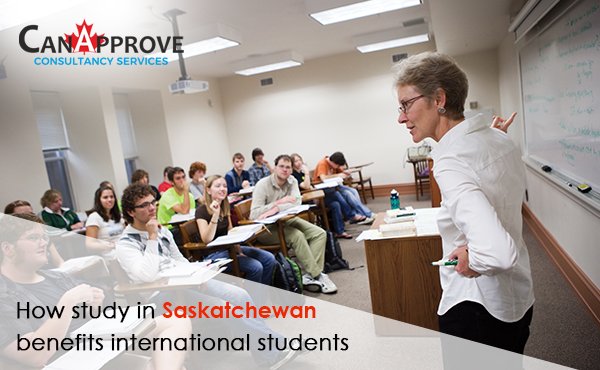With welcoming policies and high-quality education, Canada has made itself an ideal destination to pursue high-quality education for international students. International students from most of the countries require a study permit to study in Canada. In order to obtain a study permit, a student must meet the following requirements:
Letter of acceptance
Before applying for a Canadian study permit, you must apply for admission to a Canadian institution of higher education and obtain a letter of acceptance.
Academic requirements
The academic requirements to get admission to a Canadian higher education institution vary from one institution to another and one study program to another. Irrespective of this fact, the students must meet the minimum English language requirements. Generally, for undergraduate courses, a student must have scored minimum 65% marks in Humanities stream and 70-80% marks in Science/Commerce stream in Class XII. For diploma and Foundation courses, usually, the minimum required marks is 60%.
Accepted by a DLI
To be eligible for a Canadian study permit, a student must first obtain a letter of acceptance from a Designated Learning Institute (DLI). So, before applying to a Canadian institution, one must first check whether it has DLI status. When you fill in the application form for study permit, you will have to write the DLI number of the respective institution. Some institutions may not have this number, in that case, you must check if the institution is in the list of Designated Learning Institutes(DLIs) of Canada.
Financial capability
For obtaining a Canadian study permit, an international student must prove that he/she is capable of meeting the expenses for studying in Canada. So your financial capacity is an eligibility criterion for obtaining Canadian study permit. You will have to prove that you have enough money to meet the living expenses, educational expenses including tuition fees, transportation costs etc., while studying in Canada.
Confirmation that you will leave the country after studies
You will be able to obtain a Canadian study permit only if the Canadian immigration officials are convinced that you will leave the country once you finish your studies.
Health clearance
Canada wants to ensure that those coming to study in the country are not bringing any communicable diseases with them. So you may be advised to undergo certain health tests, if necessary.
No criminal record
While applying for a Canadian study permit, you will have to prove that you don’t have a criminal record. It is to ensure that you are a law-abiding citizen and you do not pose any threat to the Canadian society.
Interested in Canada education? Contact us for expert guidance and assistance







